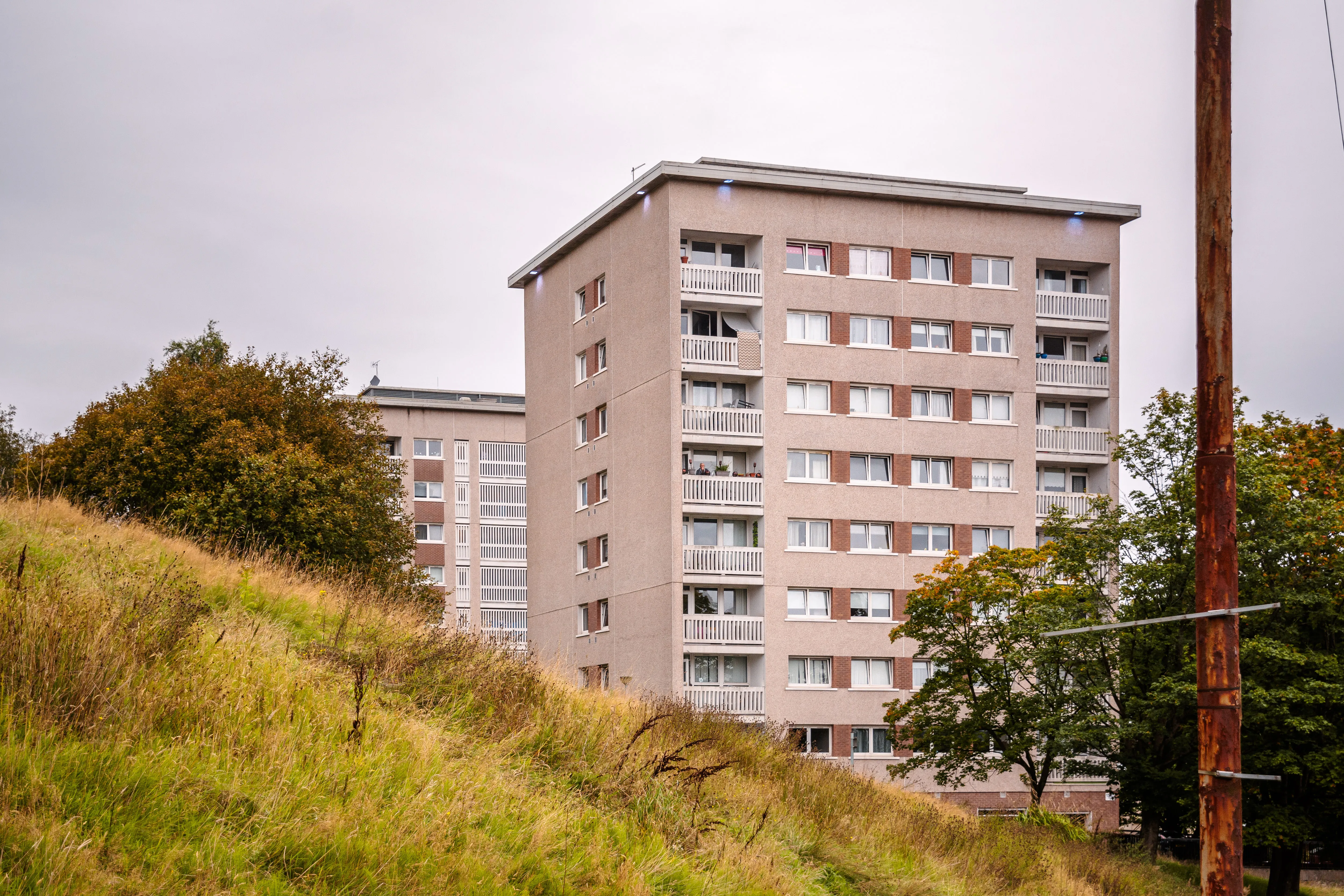Scottish Prison Service reflects on vital partnership work with housing associations
Ensuring stable housing for those leaving prison
Ensuring stable housing for those leaving prison

This is a guest article from the Scottish Prison Service.
Imagine being released from custody and having nowhere to go, no stability, no support and no chance to rebuild your life. Access to housing on release from prison is not just about having a roof overhead—it is the foundation for reintegration, the key to unlocking vital services, and a crucial step in preventing homelessness and reoffending. Without a place to live, people leaving prison are left vulnerable, often forced into impossible choices that can lead them straight back behind bars.
For the Scottish Prison Service (SPS), reducing reoffending and preventing homelessness among those leaving custody is a key priority. Strong partnerships between SPS, housing organisations, and community partners are critical to making this happen. Some Housing Associations already collaborate effectively with SPS to support individuals returning to their communities. Strengthening partnership working remains a key priority, ensuring even more seamless reintegration and housing stability for those leaving custody.
The challenges are undeniable. A 2019 SPS prisoner survey revealed that among those who responded: 🔹 56% had lost their accommodation when they were in prison🔹 37% had no idea where they would live upon release.
Despite good intentions to turn their lives around, some people leaving prison struggle to access stable housing and vital support services, making reoffending feel like the only option. Shockingly, some crimes are committed deliberately as a means to ensure a safe and secure ‘housing solution.’ This is not just a personal tragedy—it is a failure of the system and a massive financial burden on the public purse.
Scotland’s prison population has been steadily rising, placing immense strain on the organisation. In response, emergency early release measures were introduced last summer, and in February 2025, Scotland took a bold legislative step to address overcrowding. The Prisoners (Early Release) (Scotland) Act 2025—passed in November 2024—revised the automatic release point for some of those serving short-term sentences (less than four years), reducing it from 50% to 40% of their sentence.
However, these measures alone are not enough. Meaningful reintegration strategies are essential to ensuring those leaving prison do not return. A crucial part of this effort is the Scottish Quality Standards for Housing Advice, Information, and Support—better known as the Sustainable Housing On Release for Everyone (SHORE) Standards. These guidelines, recently refreshed to reflect the latest legislative and policy changes since their initial publication in 2017, provide a comprehensive framework that prioritises stable housing and community support. By reinforcing housing as a cornerstone of reintegration, the SHORE Standards aim to reduce reoffending and support successful transitions back into society.
This update was shaped by a collaborative effort under the oversight of the SHORE Strategic Oversight Group, established in late 2023, with representation from the Scottish Government, SPS, COSLA, ALACHO, SOLACE, local authorities, and third sector organisations. The refreshed standards have been redesigned to be more user-friendly, ensuring clarity and accessibility for those working to support individuals transitioning from custody to the community.
While SHORE is now a familiar term in Scotland’s homelessness and community justice landscape, it is still on the path to full implementation across the country. Yet the vision remains the same: that housing, which is a right, a necessity, and a key piece in the puzzle, should be at the centre of reintegration. This can only be achieved through working together.
Building on Good Practice
Housing associations play a vital role in supporting tenants who enter prison, ensuring they have options to sustain their tenancy and transition smoothly back into the community. Housing Associations are fundamental in embedding Housing First within the justice system, helping to prevent tenancy loss and support reintegration. Recent statistics show that 29 individuals lost a Housing First tenancy due to entering custody, while 104 were referred into Housing First from the prison/criminal justice system between 2021 and 2024. Expanding Housing First efforts within justice settings will be key to reducing homelessness and reoffending. Beyond housing, housing associations are key partners in community development—creating collaborations, offering training, and establishing hubs for advice and support.
💡 Stay connected from the start – Engage directly with tenants upon their entry into prison to explore ways to protect their tenancy. Early intervention strengthens stability and promotes positive outcomes. You will find contact details for each establishment in the SHORE Standards.
💡 Where tenancy retention is not possible, plan for release – Work with Housing Options to identify alternative housing options and secure belongings so individuals are not left without support upon liberation. Some housing associations also provide reintegration programmes, including job readiness and skills training which are beneficial for those leaving prison.
💡 Strengthen data-sharing partnerships – Work closely with local authorities to streamline data sharing. SPS provides weekly admission and liberation data to all 32 local authority housing services. The DSA permits onward sharing within the scope of the agreement if aligned with the agreement’s purpose and in compliance with data protection laws.
If you want to explore this arrangement with a local authority, you can find relevant local authority contacts within the SHORE document. Stronger collaboration means better coordination for tailored support.
💡 Invest in community development – A wider range of housing options significantly improves reintegration success. Beyond bricks and mortar, however, housing associations can offer financial advice, employment training, and social support—helping individuals rebuild their lives with stability and dignity.
💡 Work together for consistent results - Housing providers, policymakers, and community justice partners should collectively ensure every individual gets the housing support they need.
Everyone deserves a second chance—and that starts with a place to call home.
Please contact Liz Cooper, Policy Manager, SPS : Elizabeth.Cooper@prisons.gov.scot / Annabel Pidgeon, Policy Lead, SFHA: apidgeon@sfha.co.uk for discussion and/or sharing experiences.